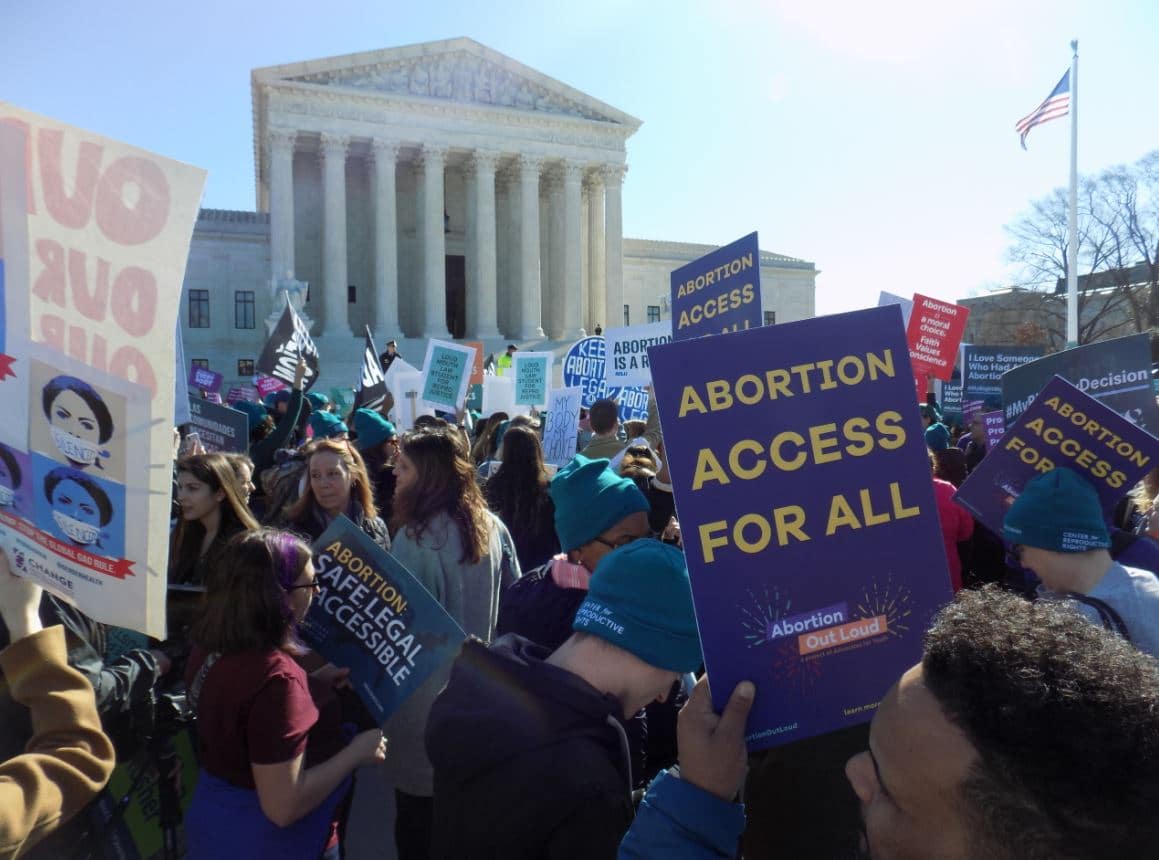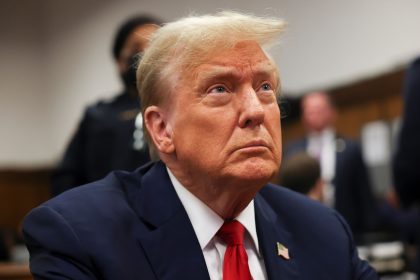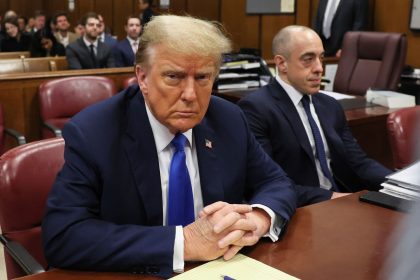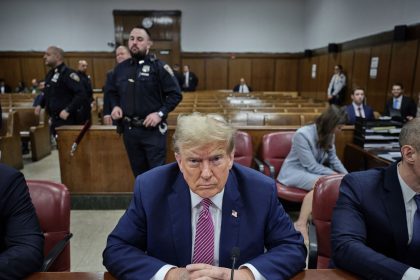Judges Block Abortion Bans in Three States

Federal judges in three states blocked efforts to shutter abortion providers during the coronavirus outbreak.
In Texas, U.S. District Judge Lee Yeakel held that the Supreme Court has already “spoken clearly” on a woman’s right to abortion and therefore Texas was acting unlawfully when it attempted to ban all abortions in the state through April 21.
Over the weekend, Gov. Greg Abbott signed an order blocking nonessential surgeries in order to free up medical supplies to fight COVID-19, the disease caused by the virus.
That was followed by Texas Attorney General Ken Paxton, a Republican, saying the order banned “any type of abortion that is not medically necessary to preserve the life or health of the mother.”
Planned Parenthood and other abortion providers sued, accusing the state’s Republican leaders of exploiting the pandemic for their own political ends.
Yeakel agreed, saying in light of the Supreme Court’s decision in the landmark case of Roe v. Wade, “there can be no outright ban on such a procedure.”
Paxton has already appealed the ruling to the 5th U.S. Circuit Court in New Orleans, arguing, “Abortion providers who refuse to follow state law are demonstrating a clear disregard for Texans suffering from this medical crisis.
“For years, abortion has been touted as a ‘choice’ by the same groups now attempting to claim that it is an essential procedure,” Paxton said in a written statement. “All Texans must work together to stop the spread of COVID-19. My office will continue to defend Governor Abbott’s order to ensure that supplies and personal protective gear reach the hardworking medical professionals who need it the most during this health crisis.”
In Alabama, U.S. District Judge Myron Thompson issued a temporary restraining order blocking a ban similar to the one in Texas, finding the state’s concerns about conserving medical equipment during the pandemic, does not “outweigh the serious, and, in some cases, permanent, harms imposed by the denial of an individual’s right to privacy.”
Thompson said his restraining order will stay in effect through April 13 while he considers additional arguments.
Alabama closed many nonessential businesses with a state health order, effective Saturday. Alabama Attorney General Steve Marshall said earlier Monday the state would not offer a “blanket exemption” to abortion clinics.
Lastly, in Ohio, U.S. District Judge Michael Barrett wrote that an Ohio Department of Health’s order halting nonessential procedures “likely places an ‘undue burden’ on a woman’s right to choose a pre-viability abortion, and thus violates her right to privacy guaranteed by the Fourteenth Amendment.”
He added that “its enforcement would, per se, inflict irreparable harm.”
The ruling instructed clinics to determine on a case-by-case basis if an abortion can be delayed to maximize resources — such as preserving personal protective equipment — needed to fight the coronavirus. If the abortion is deemed necessary and can’t be delayed, it’s declared legally essential.
Planned Parenthood and abortion clinics that sued last year to try to thwart a law that bans most abortions after a first detectable fetal heartbeat are asking a court to speed up its decision in that case and to consider a recent coronavirus order by the state health director.
In filings Monday, the groups’ attorneys argued “the state is again attempting to ban abortions” through Dr. Amy Acton’s directive barring all “non-essential” procedures and Attorney General Dave Yost’s threats that it will be rigidly enforced.























